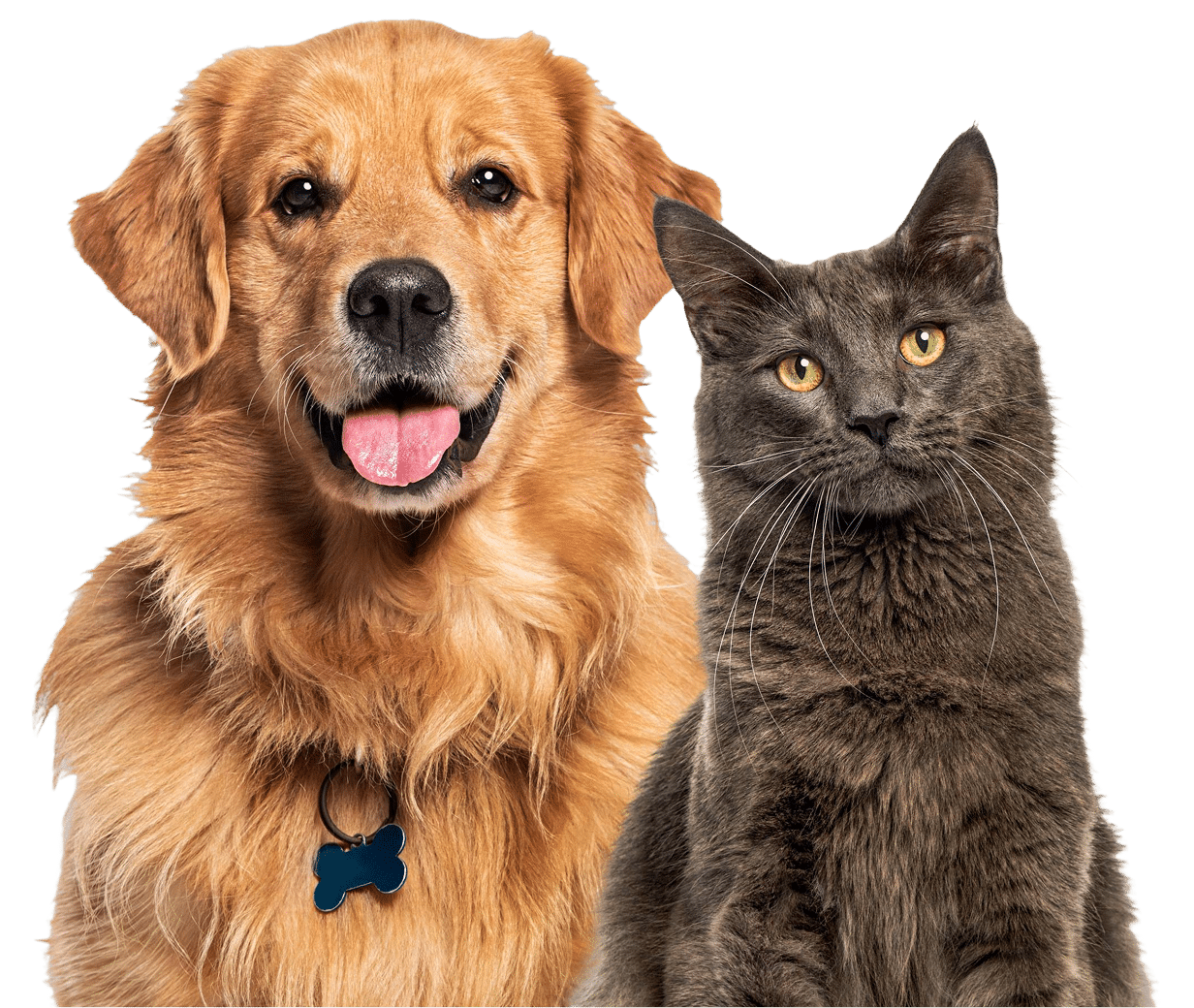
Healthy Tails, Happy Hearts: Pet Health Goals for the New Year
The start of a new year is a popular time of year to set goals, intentions, and resolutions. While it’s a great time to reinvent yourself and your habits, it’s also the perfect opportunity to invest in your pet’s quality of life and focus on goals you may have for your furry friend, too. Don’t know where to start? We can help you plan ways to nurture your pet’s health and happiness all year long.
Daily Exercise
Daily exercise is a great way to keep you and your pet fit and lean, but it also offers a wide scope of opportunities for your pet. Not only does it give them a chance to drain some pent-up energy and prevent feelings of confinement, daily exercise and time spent outside can build the following:
- A better human-animal bond
- An opportunity to explore their surroundings, providing much-needed sensory experiences
- A structured routine, which can contribute to a sense of security and mental stability
- Stronger problem-solving skills through negotiating different terrains, encountering obstacles, and navigating through the environment
Routine Veterinary Care
Routine veterinary care is paramount to ensuring the overall health and well-being of your pet. Regular check-ups with a veterinarian serve as a proactive measure, allowing for early detection of potential health issues before they escalate. Vaccinations and preventive treatments administered during these visits help safeguard against various diseases, contributing to a longer and healthier life for your pet. Moreover, these visits provide an opportunity for pet owners to discuss any concerns, obtain guidance on proper nutrition and behavior, and receive a referral to a veterinary specialist or emergency hospital if necessary.
Rehabilitation
For pets facing health challenges, rehabilitation can make a huge difference in improving quality of life, enhancing mobility, and decreasing pain. Whether recovering from surgery, managing chronic conditions, or addressing mobility issues, rehabilitation therapy tailored to the specific needs of the pet can help restore strength, flexibility, and coordination. Additionally, rehabilitation aids in pain management, providing relief to pets experiencing discomfort. Beyond the physical benefits, rehabilitation also addresses psychological aspects by boosting the pet’s confidence and reducing anxiety associated with illness or injury.
Weight Management
Maintaining an optimal weight for pets is a great goal to implement. Excess weight can lead to a range of health issues such as diabetes, arthritis, obesity, and cardiovascular problems. By managing their weight through a balanced diet and regular exercise, it’s easy to prevent these conditions and promote a healthier lifestyle. Regular monitoring and adjustment of diet and exercise, guided by veterinary advice, are key components to keeping your pet within an acceptable weight range.
Enhancing Mental Stimulation
Mental stimulation helps prevent boredom, which can lead to destructive behaviors and stress. Interactive toys, puzzle games, and training sessions challenge pets cognitively, promoting problem-solving skills and preventing cognitive decline, especially in aging animals. Furthermore, mental stimulation contributes to a balanced and well-adjusted temperament and a harmonious bond between pets and their owners.
Maintaining a Nutritious and Balanced Diet
Proper nutrition is essential for maintaining optimal weight, supporting strong immunity, and ensuring healthy organ function. Additionally, a well-rounded diet tailored to a pet’s specific needs helps prevent nutritional deficiencies and related health issues.



